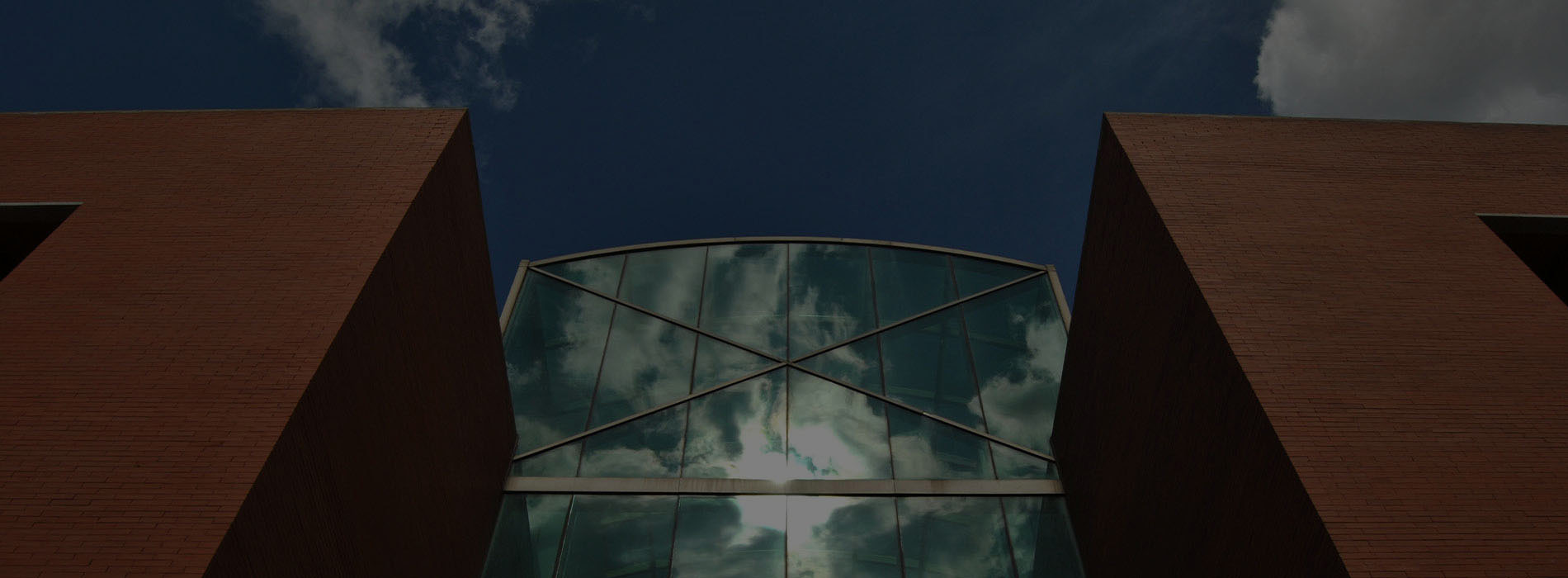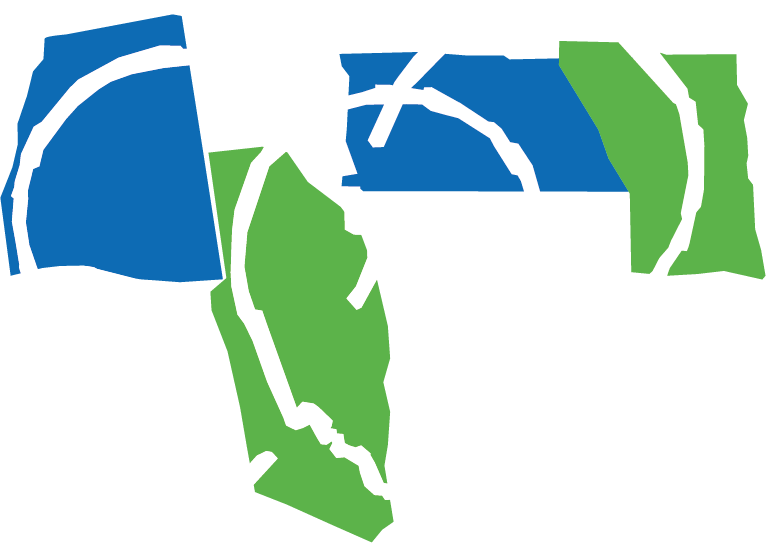
Communication
Why communicate the science we do at CCHS? To inform, to train, to report research outputs, to create alliances with society and design joint solutions, to raise awareness about scientific evidence as a solution to the social and environmental challenges we face. The media have a very relevant role. Together with them we have the responsibility of telling society about scientific advances and debates truthfully. The CCHS wants to communicate its scientific work from the human sciences and social sciences through news, interviews, press releases, advertisements and other information formats that respond to the growing social and cultural interest in scientific content, whose impact on society is increasingly aware. The express objective of this section is to promote the presence of scientific information from the humanities and social sciences in the media, as well as to facilitate dialogue and relations between journalists and our scientific staff.
For more information on communication you can consult in this section Press releases and CCHS in the media, and from our home page, news. Likewise, you can consult our profiles on social networks with the user @CCHS_CSIC.
We also prepare bulletins in PDF format that compile the main scientific and outreach activities and projects carried out at the CCHS and the institutes it houses.
Press releases
El proyecto de terminología en español TeresIA, coordinado por el Consejo Superior de Investigaciones Científicas (CSIC), organismo adscrito al Ministerio de Ciencia, Innovación y Universidades, colaborará con UNTERM, la base de datos terminológica de la Organización de Naciones Unidas (ONU), para fomentar la presencia del español en entornos internacionales y multilingües.








